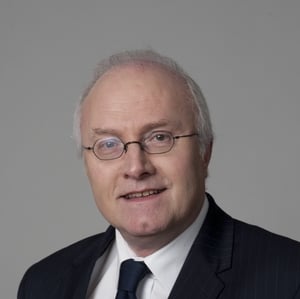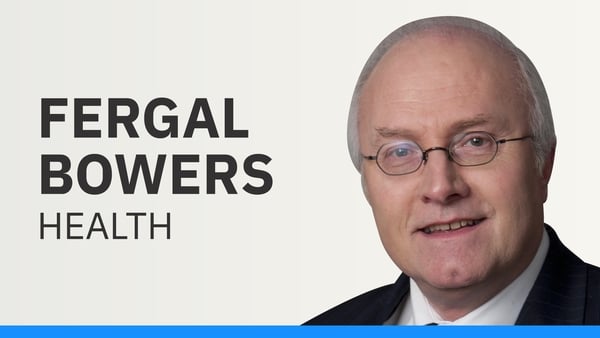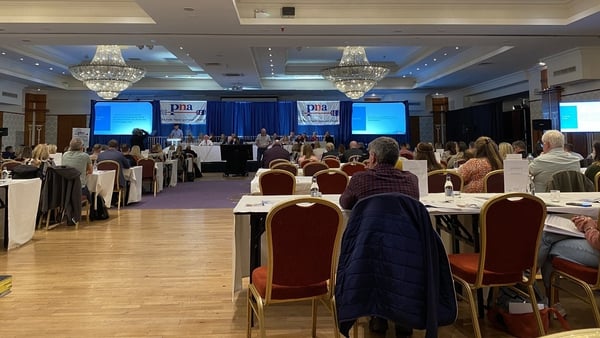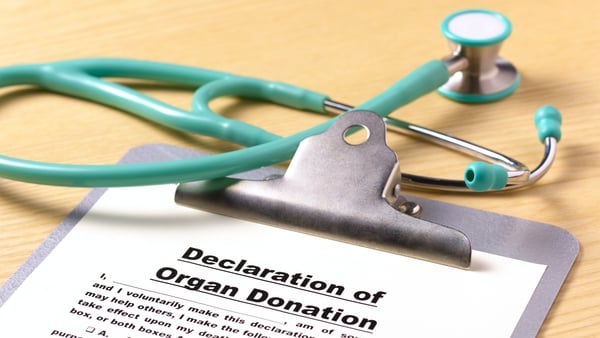A medical expert has reported a dramatic increase in cases of gender dysphoria, where people feel that their gender does not match their biology.
Professor Donal O'Shea, consultant endocrinologist at St Columcille's Hospital in Loughlinstown, Dublin, said that there were 210 cases last year, compared with 10 in 2007, which represents an increase of 2,100%.
A decade ago, most cases involved males but that has now balanced out with around the same number of males and females presenting.
He said that 95% of people are comfortable with their gender matching their birth sex.
However, he said there was a better awareness in society that gender is a spectrum and it is not black or white.
Prof O'Shea said people were exploring their gender more now.
For many affected the issue occurs around puberty when they realise physical changes are happening that are not congruous with the gender they consider themselves to be.
He said this can be a highly distressing time in their lives.
Prof O' Shea said that the most positive outcomes for patients with gender dysphoria are when a holistic and better placed transition journey is taken with family support.
He said he has seen patients who transitioned hastily, ultimately regretting the decision after irreversible treatment has taken place.
A new national gender service is due to be launched next year, given the increase in cases.
Under law since 2015, a person can apply for a Gender Recognition Certificate in order to have their preferred gender recognised by the State.
To date, 403 certificates have been issued.
We need your consent to load this rte-player contentWe use rte-player to manage extra content that can set cookies on your device and collect data about your activity. Please review their details and accept them to load the content.Manage Preferences





